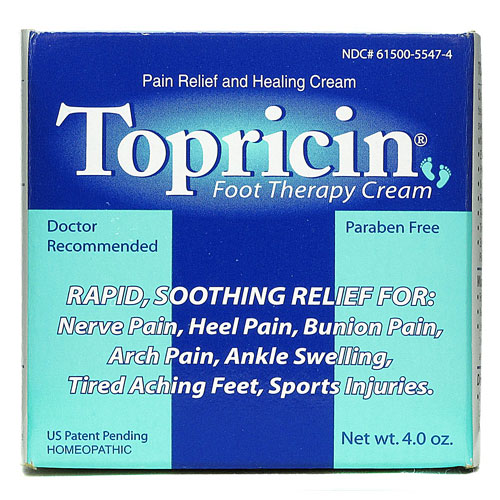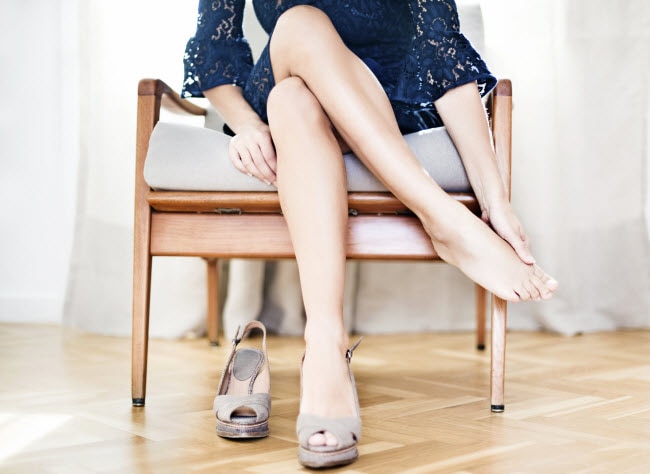Acupuncture has been such an integral part of alternative medicine that one could easily ditch “alternative” to describe the ancient form of healing. Now mainstream—with growing scientific evidence supporting its legitimacy—doctors these days may be just as likely to prescribe it before pain meds. Indeed, acupuncture is increasingly relied upon for everything from gut health to allergy relief.
Another form of the practice is now making its way into the headlines. Acupressure, which adheres to the same theory behind acupuncture, has been to shown to diminish menstrual cramps, stave off the blues, alleviate sinus pressure, and boost immunity, among other excellent benefits. But what exactly is acupressure—and how can it be a boon for your health? Read on.
What is acupressure?
Acupressure operates on the same precepts of the better-known technique of acupuncture—that is, that the body possesses meridians, or channels, through which the life-sustaining energy force, Qi, runs.
Michael Reed Gach sums it up well in his introduction to Acupressure’s Potent Points: A Guide to Self-Care: “Acupressure is an ancient healing art that uses the fingers to press key points on the surface of the skin to stimulate the body’s natural self-curative abilities,” he says. When these points are pressed, “they release muscular tension and promote the circulation of blood and the body’s life force to aid healing.” The difference between acupuncture and acupressure, then, is that the former relies on needles while the latter utilizes the “gentle but firm pressure of hands (and feet),” Gach reports. (Just think of the relief you get from intuitively rubbing your temples when your head hurts.)
While acupressure predates its more popular counterpart, it fell out of vogue after the Chinese created more advanced methods for rousing meridian points with needles and electricity. But it’s now attracting the attention of practitioners and patients around the globe—and for good cause. Which brings us to our next point.
What are the potential benefits of acupressure?
Given that the body is lined with hundreds of acupressure points (with the large intestine, spleen, and liver being the most common areas of focus), it’s no wonder that the potential benefits of the practice are just as far-reaching. A study published in the November 2014 issue of the Journal of General Internal Medicine found that acupressure relieved constipation. Meanwhile, a 2016 overview of 32 different studies revealed uniform improvement in sleep after acupressure—even among the disabled and elderly.
A 2010 Taiwanese study further indicated that acupressure may be a godsend for those who suffer from chronic headaches. It’s also been shown to lower blood pressure in patients with atrial fibrillation, decrease lower back pain, and relieve nausea post-surgery, after chemotherapy and during pregnancy.
What’s more, acupressure may curb cravings and perhaps even keep you from going on a binge: The owner of New York AcuHealth Acupuncture Dr. Daniel Hsu says that three particular “acupoints”—at the base of the neck, on the back of your hand (between your thumb and forefinger), and the area between your eyebrows—are directly related to your hypothalamus, which regulates stress, mood, appetite and digestion. When pressed, they may provide an uplift in mood that’ll save you from raiding the pantry.
But one of the most raved-about benefits of acupressure is the impact it can have on your nervous system. By pressing acupressure triggers and employing deep, rhythmic breathing, you may feel instantly calmer—and have a clearer head. This is because certain points can urge the brain to release endorphins, giving your body that classic hum you feel after a great workout. (On the flip side, acupressure can also bolster energy by increasing circulation.)
So how can I get in on it?
While your best bet is to schedule a massage with a therapist who specializes in acupressure, one of the beauties of the technique is that you can do it anywhere, any time. Easy-to-access points, as mentioned, are located all over the body. What’s known as the An Mian point (located beneath the ear) may promote relaxation and sound sleep, while the acupoint shen men—or “gate of heaven,” located just inside the rim at the top of your ear—may temper stress. (Watch this video for a brief and simple overview of more acupoints.)
For all points, press for two to five minutes; all the while, remain aware of how you feel. Acupressure may come with a touch of discomfort but it shouldn’t necessarily hurt and it definitely shouldn’t feel unbearable. (Likewise, be sure to communicate with your acupressure therapist.) And if you’d really like to rev it up, consider investing in an acupressure mat—essentially, a mat covered with spikes that may offer muscle-pain relief and whole-body relaxation. (Be aware, however, that these mats do not use the same exacting strategies as acupressure therapists, who target precise areas on the body.) Whatever you decide, do know that acupressure self-soothes—and is yet another reminder that all healing starts with you.




